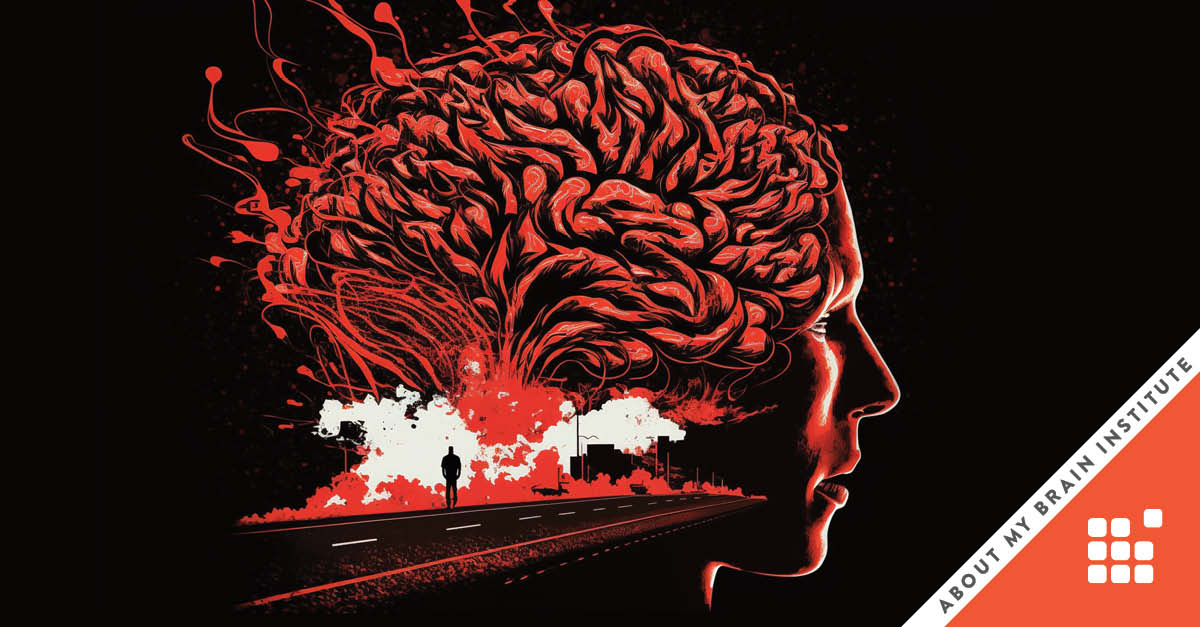Building Resilience
Attribute: Strong

Benefits of Developing Resilience
Resilience is the ability to bounce back from adversity, overcome obstacles and adapt positively to life's challenges. Resilience is not a fixed trait but a skill that can be developed and nurtured, bringing with it a host of benefits that extend across all areas of life. Resilient individuals tend to experience lower levels of stress, anxiety and depression and are better equipped to manage their emotions effectively. Successfully overcoming adversity boosts self-confidence and self-efficacy, empowering individuals to face future challenges with optimism and determination.
The benefits of developing resilience are:
- It enhances your capacity to face adversity.
- Helps maintain mental health and emotional well-being.
- Encourages viewing change as an opportunity for growth.
- Builds stronger relationships.
- Improves decision-making under pressure.
- Sustains long-term well-being.
Keep reading ↓
Keep reading ↓
Newsletter
Assess Your Levels of Resilience
Consider these self-reflective questions:
- How do I typically respond to adversity and challenges in my life? Do I bounce back quickly, or do I find it challenging to recover from setbacks?
- What strategies and coping mechanisms do I use to deal with stress, uncertainty, and difficult situations? Are these strategies helping me build resilience, or do they need adjustment?
- Who are the people in my life I can turn to for support during tough times, and how well do I utilize this support network?
- What self-care practices and habits do I have in place to maintain my mental and emotional well-being?
These self-paced coaching questions can help you assess your resilience and identify areas where you can strengthen your ability to bounce back from life's challenges and setbacks.
Keep reading ↓
Cultivating Resilience
- Embrace Challenges: Develop a growth mindset by viewing challenges as opportunities for learning and growth rather than as insurmountable obstacles.
- Seek Support: Build a strong support system of friends, family or a therapist who can provide guidance and encouragement during difficult times.
- Learn from Setbacks: Instead of dwelling on past failures, focus on the lessons learned and how they can contribute to your growth.
By understanding the importance of resilience, actively implementing resilience-building practices and fostering a mindset that embraces challenges as opportunities, you can embark on a journey to become a more resilient individual. Remember, resilience not only equips you to face life's challenges with strength and adaptability but also nurtures a belief in your ability to overcome adversity and thrive in any circumstance.

Explore the Items
Read each article!
Supporting content
Balance Articles
Check out the latest blogs to learn more about this topic!

Learning To Be Calm: The Neuroscience Behind Workplace Stress

Impulse Control In Leadership

How Energy & Vitality Enhance Your Performance
Bibliography
This article has been inspired by the following sources:
- Panter-Brick, C., & Leckman, J. F. (2013). Resilience definitions, theory, and challenges: Interdisciplinary perspectives. European Journal of Psychotraumatology, 5(1), 25338. https://doi.org/10.3402/ejpt.v5.25338
- Kirmayer, L. J., Dandeneau, S., Marshall, E., Phillips, M. K., & Williamson, K. J. (2011). Resilience, an evolving concept: A review of literature relevant to Aboriginal research.
- Canadian Journal of Psychiatry, 56(2), 84-91. https://doi.org/10.1177/070674371105600204
- van Cuylenburg, H. (n.d.). Resilience Project. Retrieved from [website link or publisher information if available]
- Damiano, S. (2019). Stronger after the storm. About My Brain Institute. https://www.aboutmybrain.com/blog/stronger-after-the-storm
- Damiano, S. (2019). The human skills you need for the future of work. About My Brain Institute. https://www.aboutmybrain.com/blog/the-human-skills-you-need-for-the-future-of-work

